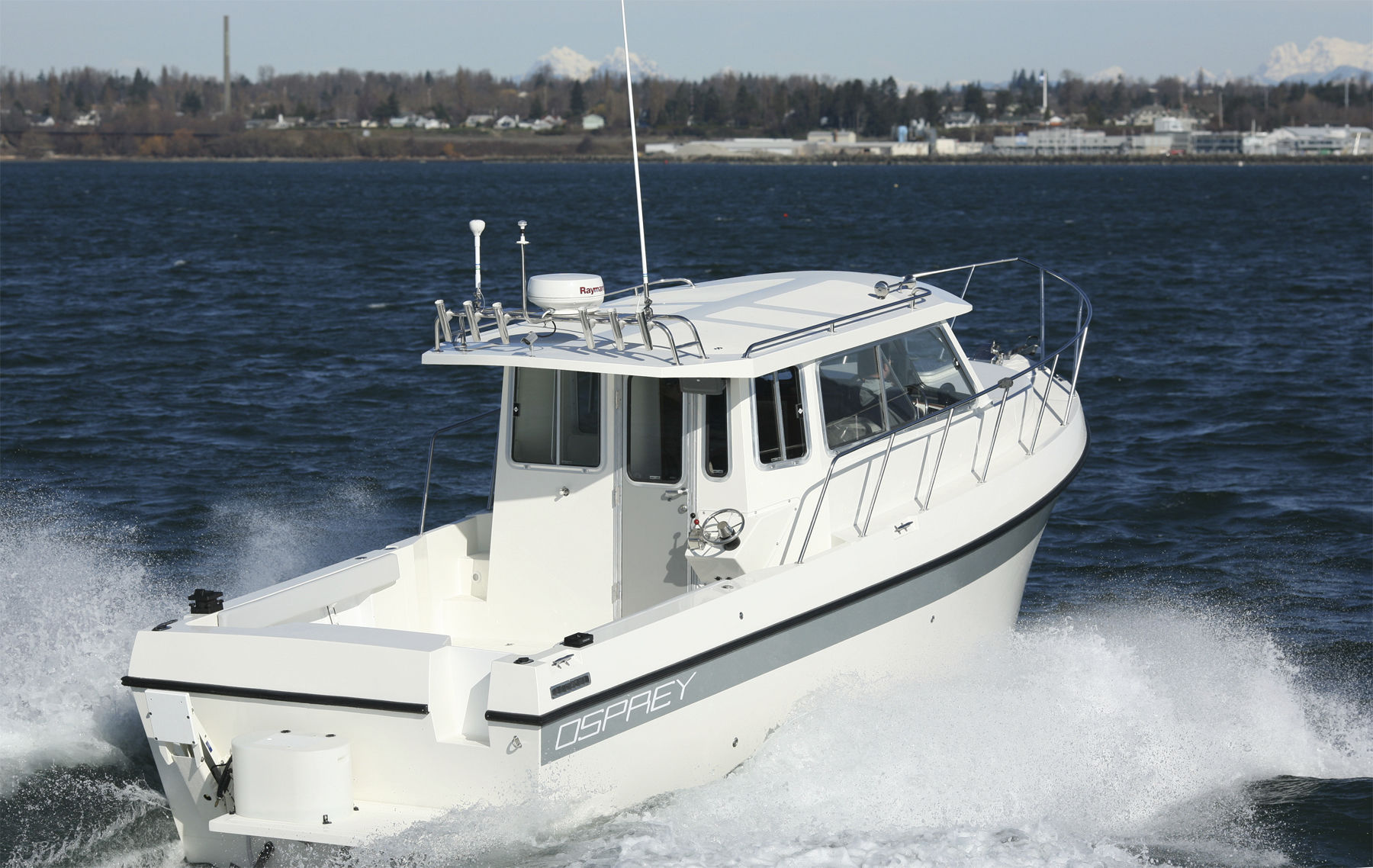Working with a Boat Builder

I’m a professional critic and in this column I regularly lament, and identify in detail, shortcomings in the world of boat building. However, in the 34 years that I have worked in this industry, I have witnessed enormous strides made in, among other things, the standards to which boats are built and repaired. I can recall when the first inverters were introduced, enabling owners of vessels without generators (yes, those were pretty common) to use modern conveniences like microwaves, TVs and hair dryers.
Mattresses used to be little more than foam padding, today many vessels use high tech memory foam and even Sleep Number beds. Granite counter tops, electric blinds, hide-away screens, air conditioning that operates from a vessel’s battery bank, diesel heat, bidets, and acoustic insulation that now makes it hard to know if a vessel’s generator is running, have all become commonplace. Today, it is the exception for me to be involved with a new build project that isn’t being equipped with lithium-ion batteries.

Quality and attention to detail too have improved with the wider adoption of boat building standards like those from ABYC, NMMA, CE and others. The bar has certainly been raised, and boat builders have for the most part necessarily upped their game to meet their customers’ needs, as well as keeping up with the competition, all of which is good for the boat buyer and owner.
You can, however, have too much of a good thing. I’m finding that some builders are so good at fulfilling the requests of their customers that the expectation level of the latter can become unrealistic. Better builders, those that are the most capable, are the most susceptible to this scenario.

In one case that I moderated; an owner complained that the perforated metallic insulation material in the engine room was not a consistent shade of white. The inconsistency was so subtle it could not be noticed without supplemental lighting, and it could not be photographed, even with my professional DSLR. While I strive for near-perfection, and I’m an advocate for vessel owners and buyers, I explained to the owner in this case that there is a point at which a builder is entitled to say ‘no’. The adage, “the customer is always right” holds true in retail, but not necessarily in boat building. In this case the vessel buyer realized he was asking for too much.
Having said all this, it’s a fine line, builders and dealers must be responsive to reasonable requests, and they should be prepared to go above and beyond; doing so is good for business. I caution buyers, however, going to the well often is fine, but don't draw from the well too deeply, lest it sour the relationship; it’s important to know when to self-regulate.
About Steve D'Antonio
Beginning his career in 1988, as a marine mechanic, electrician, manager and partner of a custom boat building shop and two boatyards and technical journalist, as well as through Steve D'Antonio Marine Consulting, Inc, Steve provides personalized and hands-on service to boat buyers, boat owners, boat builders and equipment manufacturers, as well as others in the marine industry around the world. Steve is an American Boat and Yacht Council Certified Diesel, Electrical, Corrosion and Systems Master Technician/Adviser. To learn more or to contact Steve, go to SteveDMarineConsulting.com.